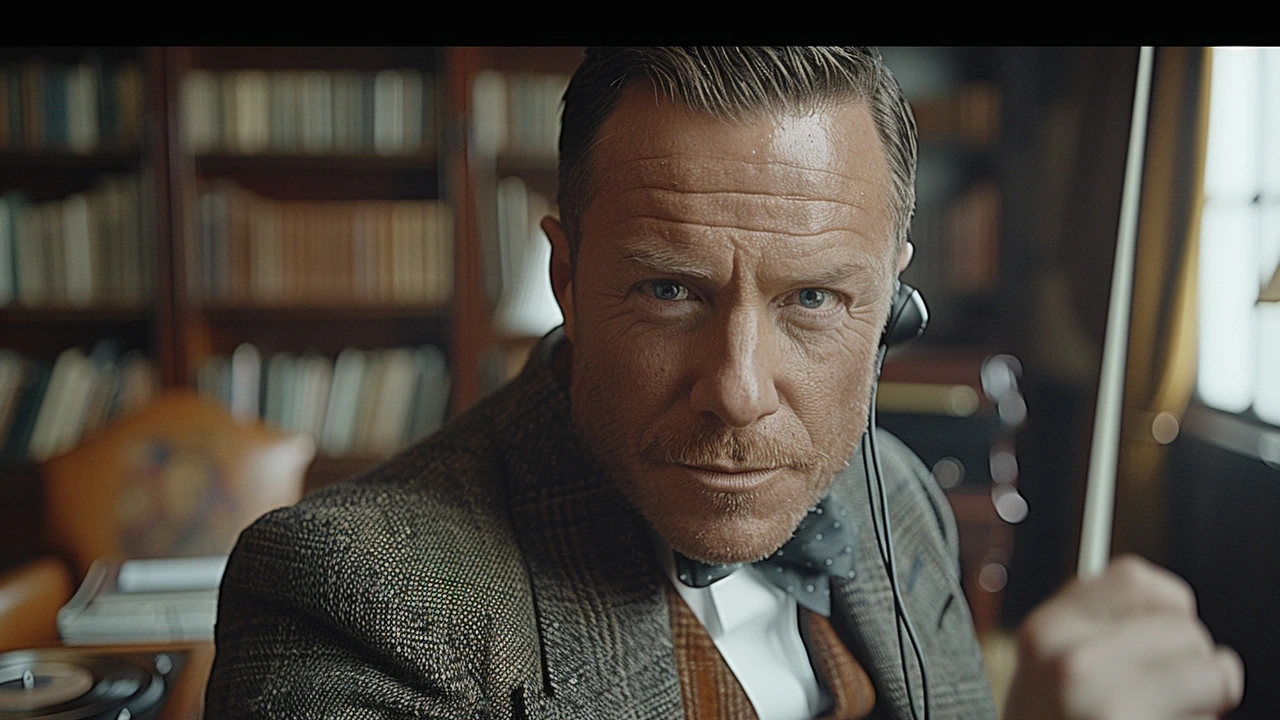Auditory Stimulation – How Sound Can Upgrade Your Day
Ever notice how a catchy beat in a cafe or the hum of a train can lift your mood? That’s auditory stimulation at work. It’s the simple act of feeding your ears with varied, interesting sounds that can improve focus, lower stress, and even spark creativity.
Most of us think about visual stuff when we plan a day out, but sound is a powerful sidekick. The right audio backdrop can turn a boring commute into a mini‑adventure and a quiet night at home into a relaxing retreat.
Why Your Ears Matter More Than You Think
Our brains are wired to respond to sound. A steady rhythm can calm the nervous system, while sudden noises trigger alertness. That’s why sound therapy—using tones, music, or natural noises—helps people manage anxiety and improve sleep.
In a city like London, you’ve got a built‑in sound library. The clatter of the Underground, the swoosh of hot‑air balloons, the applause at Theatre Week—each offers a unique auditory cue you can use to your advantage.
Everyday Ways to Add Healthy Sound
Morning commute boost: Swap your usual news podcast for a curated playlist of low‑tempo instrumentals. The gentle melodies ease you into the day without the shock of traffic noise.
Visit sound‑rich spots: The London Transport Museum isn’t just about visuals; its interactive exhibits let you hear historic train whistles and tube announcements. That mix of old and new can be a fun auditory workout.
Try a balloon ride: A hot‑air balloon over the city gives you a calm, rustling wind soundtrack. The soft whoosh can reset a tense mind and give you a fresh perspective on everyday sounds.
Evening wind‑down: After a dinner at the Alpine restaurant, step outside and listen to the city’s night hum. Pair it with a guided meditation that focuses on breathing in sync with distant traffic. You’ll notice a deeper sense of calm.
Play with rhythm: Axe‑throwing venues in London play upbeat tracks to pump energy. If you prefer low‑key, ask for a quieter time slot and let the natural wood thuds become your rhythm base.
Adding auditory stimulation doesn’t need gadgets or pricey classes. Simple habits—like turning on background café sounds while working or using a white‑noise app during sleep—can make a big difference.
Remember to keep volume safe. Prolonged loud exposure can damage hearing, so aim for a comfortable level where you can still hold a conversation. Use earplugs at concerts if the music gets too intense.
Mixing up your sound diet also matters. Alternate between upbeat music, calming nature sounds, and ambient city noise. This variety trains your brain to stay adaptable and reduces the chance of auditory fatigue.
Next time you plan a weekend, think about the sounds you’ll encounter. A visit to the Lifestyle Lego Store offers playful clicks and building noises that spark joy. A stroll through Holland Park gives you bird calls and rustling leaves for a natural fix.
Bottom line: Auditory stimulation is a free, easy tool to boost mood, focus, and overall well‑being. By paying attention to the sounds around you and choosing a few purposeful audio experiences each day, you’ll notice sharper concentration, lower stress, and a more vibrant connection to the city you love.
- Elara Markham
- May 1, 2024
- Comments 0

